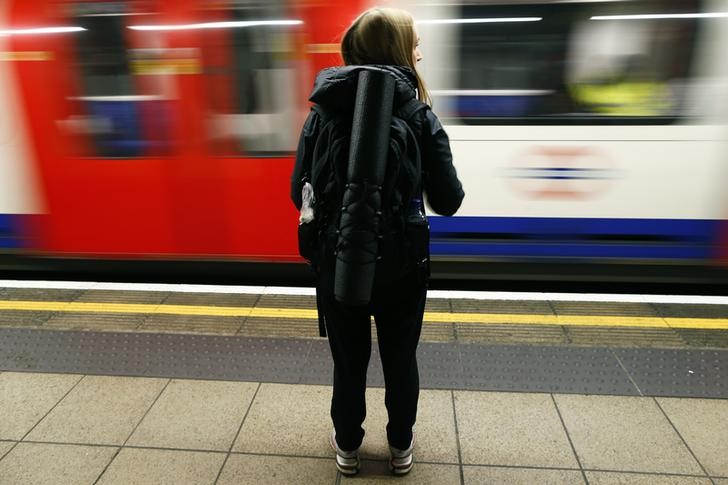Stock market today: S&P 500 extends monthly win streak despite Nvidia-led stumble
Investing.com - The U.K. economy contracted for the second quarter in a row in May, failing to significantly rebound after the previous month’s sharp contraction, and pressuring the Bank of England to ease monetary policy once more.
Data released earlier Friday by the Office for National Statistics showed that U.K. gross domestic product fell by 0.1% in May on a monthly basis, following a contraction of 0.3% in April, which was the biggest decline since October 2023.
This was a weaker result than the 0.1% growth forecast, with industrial production falling 0.9% on the month and manufacturing production dropping 1.0%.
April’s decline was caused by a drop in legal activities linked to the stamp duty increase, adding to higher energy bills, an increase in National Insurance as well as tariff uncertainty. And it appears these factors are continuing to weigh on the sixth largest economy in the world.
On an annual basis, the U.K. economy expanded by 0.7% in May, retreating from growth of 0.9% seen in the prior month.
Going forward, U.K. Chancellor Chancellor Rachel Reeves is also likely to have to raise tens of billions of pounds in taxes later this year after a rebellion in the ruling Labour Party against welfare reforms fed doubts about the government’s ability to cut spending sufficiently.
The Bank of England held interest rates at 4.25% last month, and investors are betting on the central bank reducing borrowing costs in at least two further quarter-point moves to 3.75% by the end of the year.
The U.K. economy had been expected to grow, albeit modestly, in May, with consumer sentiment showing signs of improvement, while the downturn in Britain’s housing market that followed a tax hike on property transactions in April eased off in June, according to data from the Royal Institution of Chartered Surveyors released on Thursday.
The RICS’s measure of new buyer enquiries turned positive for the first time since December and agreed sales also improved.
That said, U.K. Chancellor Chancellor Rachel Reeves is likely to have to raise tens of billions of pounds in taxes later this year after a rebellion in the ruling Labour
